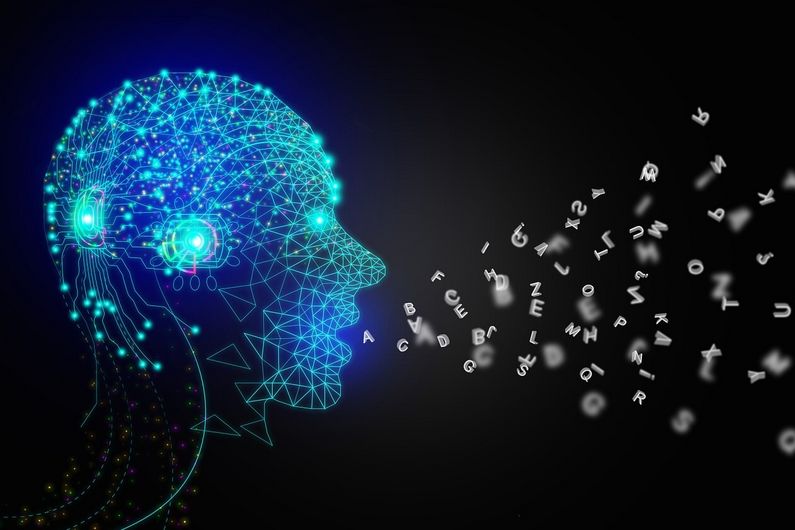Human intelligence grapples with artificial intelligence in the theatre
- UdeMNouvelles
06/07/2023
- Virginie Soffer
In collaboration with UdeM, the Posthumains theatre company and Duceppe are staging a play about the social implications of AI.
The Montreal Declaration for a responsible development of artificial intelligence will be the backdrop for a play written and directed by Dominique Leclerc and Patrice Charbonneau-Brunelle. The result of an innovative partnership between UdeM, Duceppe and Posthumains, the play will explore societal issues related to emerging digital technologies, including artificial intelligence (AI).
Experts with backgrounds in drama, the social sciences and humanities, law and artificial intelligence are all contributing to this interdisciplinary project. The scientific director is Catherine Régis, a professor in the Faculty of Law and Associate Vice-Rector for Strategic Planning and Responsible Digital Innovation. Jean-Marc Larrue, a professor in the French department and expert on theatre, is supporting the creation and production of the play. Students from several departments will also participate.
Looking at AI through a theatrical lens
Four years ago, more than 500 people came together to build an ethical framework for the development and use of artificial intelligence. Their efforts culminated in the Montreal Declaration.
“These societal changes affect us all,” said Régis, who helped develop the Montreal Declaration. “Theatre is a way to bring these reflections to a broader stage. We felt we could engage and inform a larger segment of the public through a play, rather than just sharing our thoughts in scholarly journals.”
“We could have made a website or a podcast,” said Larrue, “but we thought that bringing people together in person to experience a story performed by live actors would have more impact.”
The play aims to foster digital literacy about artificial intelligence. “At this juncture, we are living through an unprecedented technological revolution,” said Larrue. “The idea isn’t to demonize AI but to gain a better understanding of all its facets through the medium of theatre.”
Research and the creative process
Charbonneau-Brunelle and Leclerc of Posthumains previously created the plays Post Humains and i/O.
“At a time when human minds and governments are struggling to keep up with the exponential pace of technological change, our plays, performances and installations create a space for connection and dialogue between the creators of these new technologies, their users and neophytes,” said Leclerc.
Leclerc and her collaborator now have access to a large pool of experts in artificial intelligence at Université de Montréal and elsewhere as they write their new play. They’ve already talked to Marc-Antoine Dilhac, a professor of philosophy in the Faculty of Arts and Science, and will be able to contact professors such as Yoshua Bengio in the Department of Computer Science and Operations Research and Shin Koseki in the School of Urban Planning and Landscape Architecture. They will also be able to attend talks at venues such as the International Observatory on the Societal Impacts of AI and Digital Technology and Mila, the Quebec Artificial Intelligence Institute.
Various co-creation activities with both the public and academics are planned as part of the playwriting process.
The play is slated for Duceppe’s 2024-2025 season.












